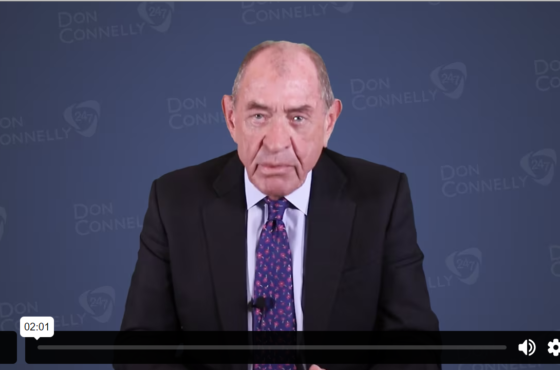Where You End Up in Life Has Less to Do with Your IQ than You Might Think

Photo by samuiblue | FreeDigitalPhotos.net
To perform the many financial and arithmetical tasks required of an Advisor requires a high IQ. Therefore, most, if not all, successful Financial Advisors have a high IQ.
If we all have high IQ’s, if we are all well trained, if we all work hard, if we all chase the same business, and if a prospect must choose one among us, IQ can’t possibly be the sole, determining factor in a prospect’s mind.
Who, then, among all these smart Advisors, gets the new account?
It’s quite simple. The account goes to the Advisor the prospect likes the best. A competent jerk will not get the account. A competent, likeable Advisor will get the account.
When a person chooses an Advisor, three forces must fall into line.
Yes, the Advisor must be smart. But the prospect must also like and trust the Advisor. You have a high IQ. Now make sure you have a high EQ. EQ is your emotional quotient. Emotional quotient is a measure of your self-awareness, your empathy and your ability to get along with and influence other people. These are commonly referred to as soft skills.
Unlike hard skills, which are about An Advisor’s skill set and ability to perform a certain type of task or activity, soft skills relate to an Advisor’s ability to interact effectively with clients. As Harvard theorist Howard Gardner puts it, “Your EQ (Emotional Intelligence) is your ability to understand other people, what motivates them and how to work cooperatively with them.
Daniel Kahneman is a Nobel Prize winning author. It is his contention that people always prefer to do business with a person they like and trust rather than someone they don’t, even if the other person if offering the same thing at a lower price. Notice that top tier Advisors always become friends with their clients. Sooner or later, everyone fires his or her Advisors. Friends seldom fire friends.




